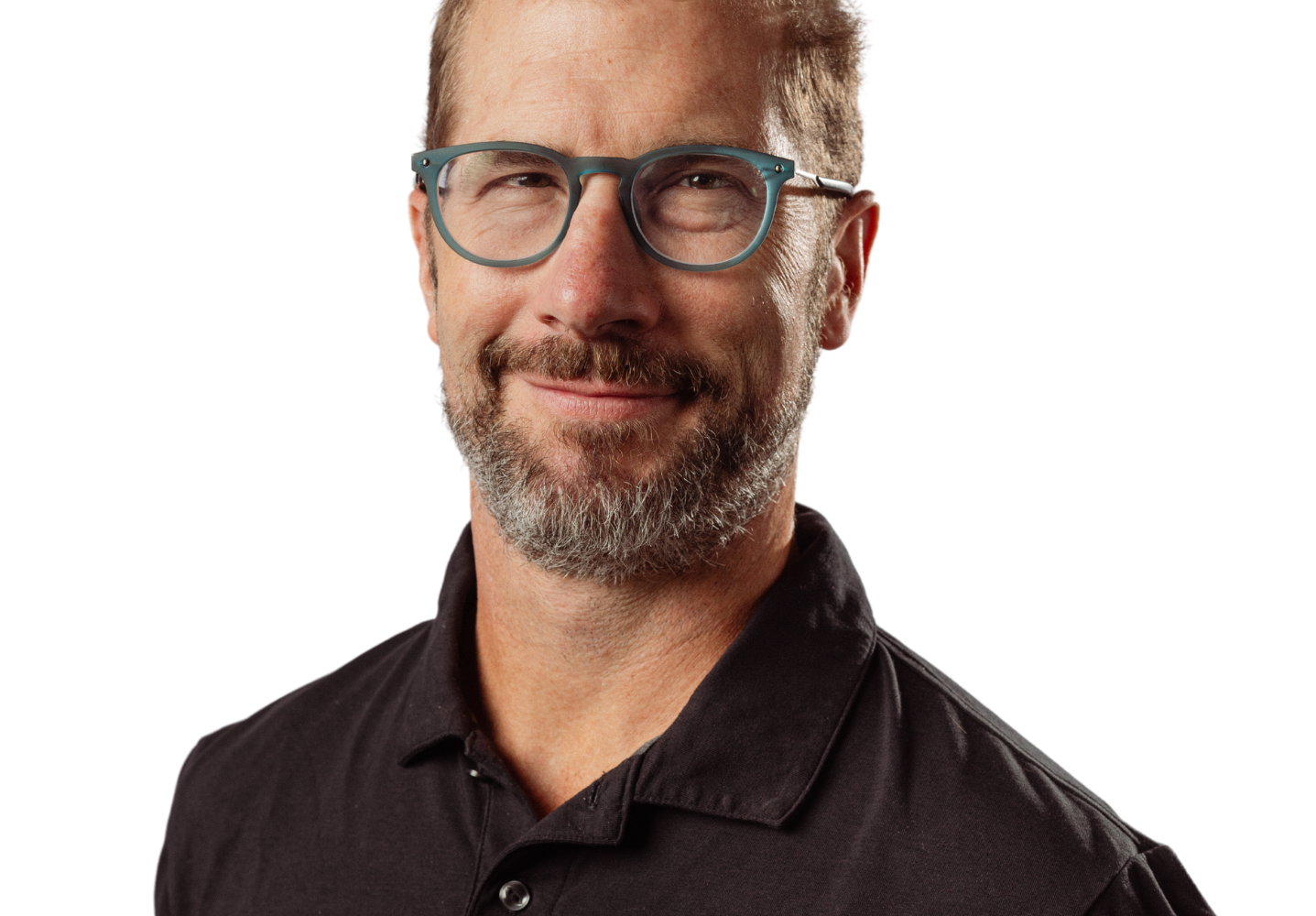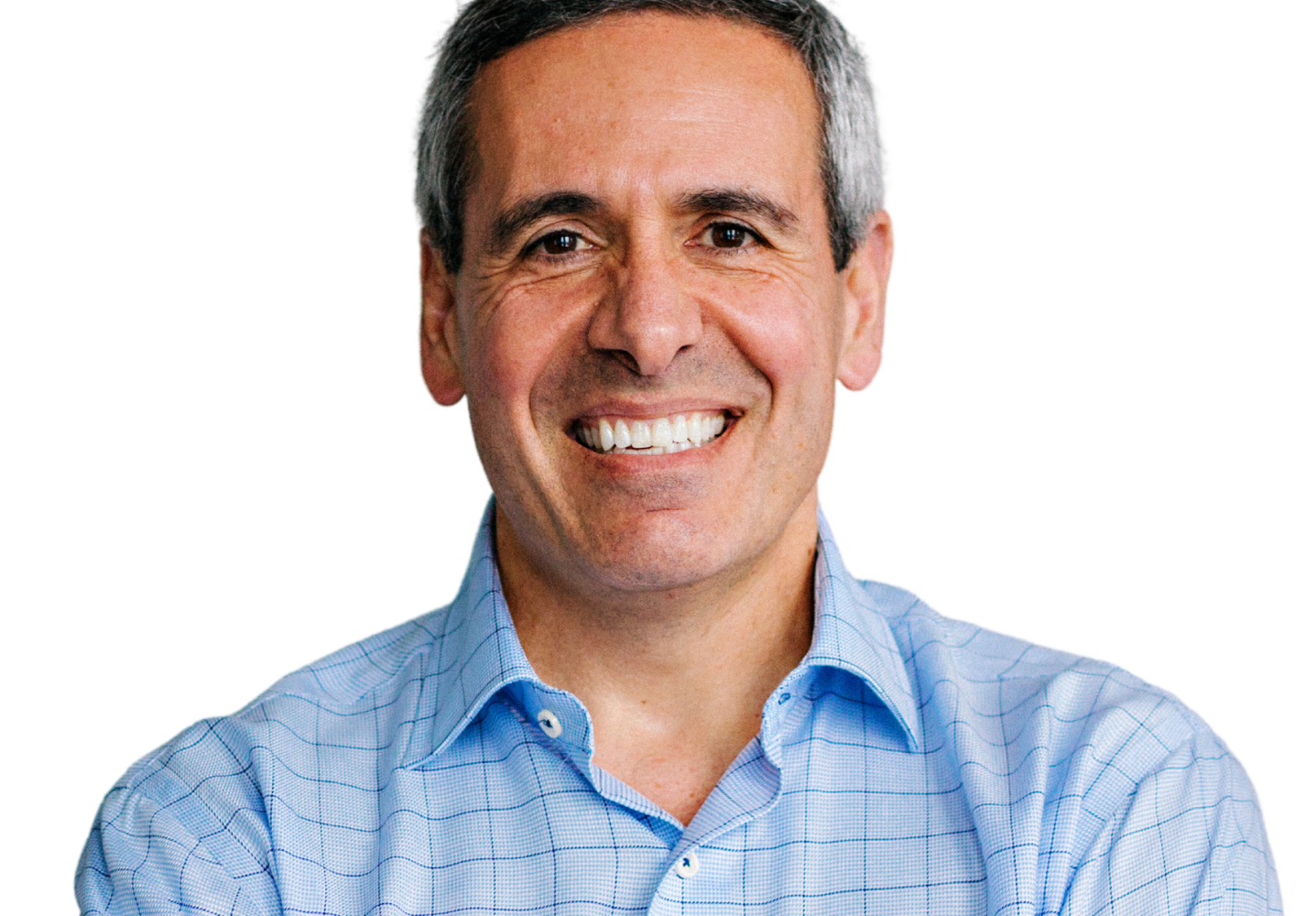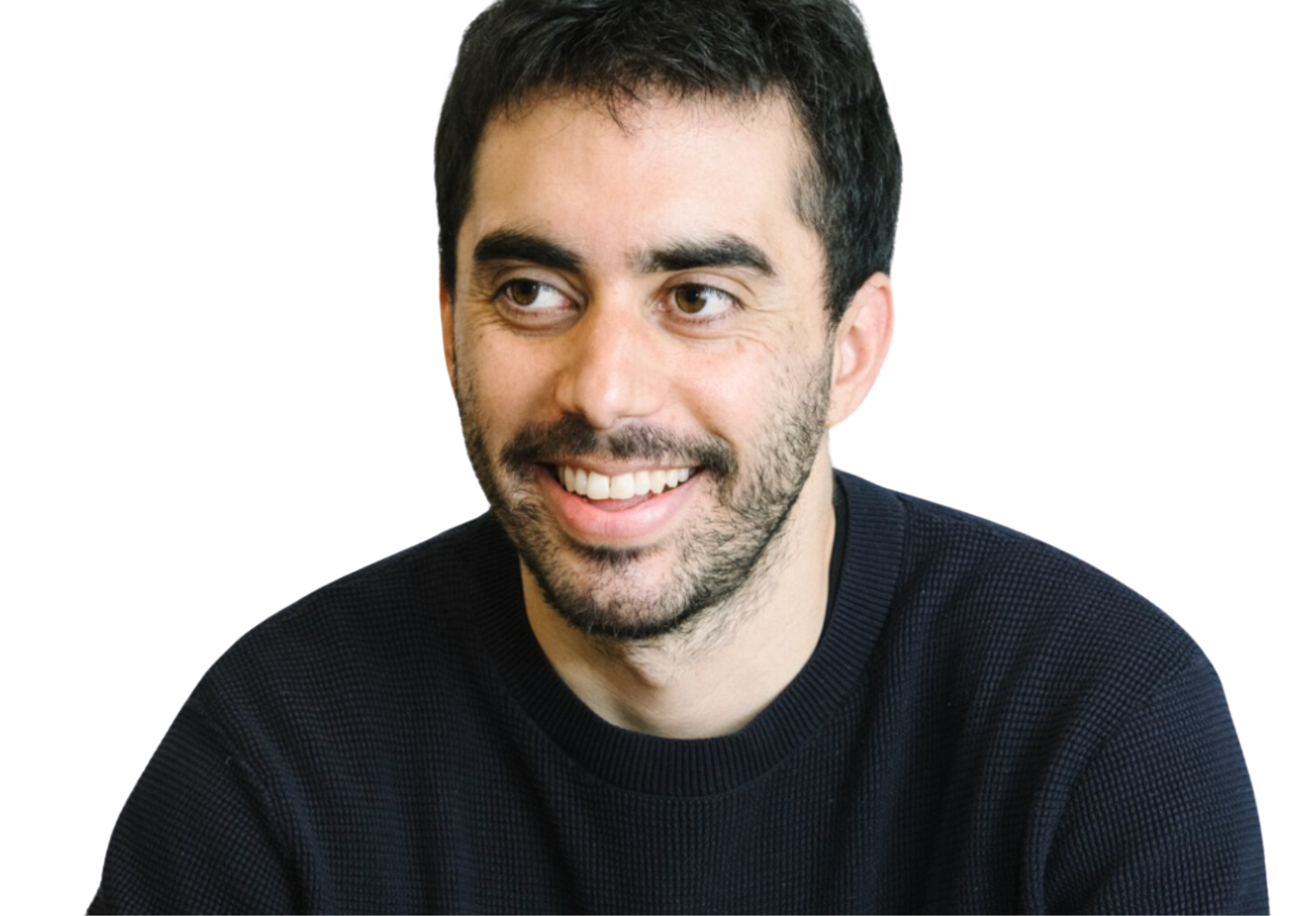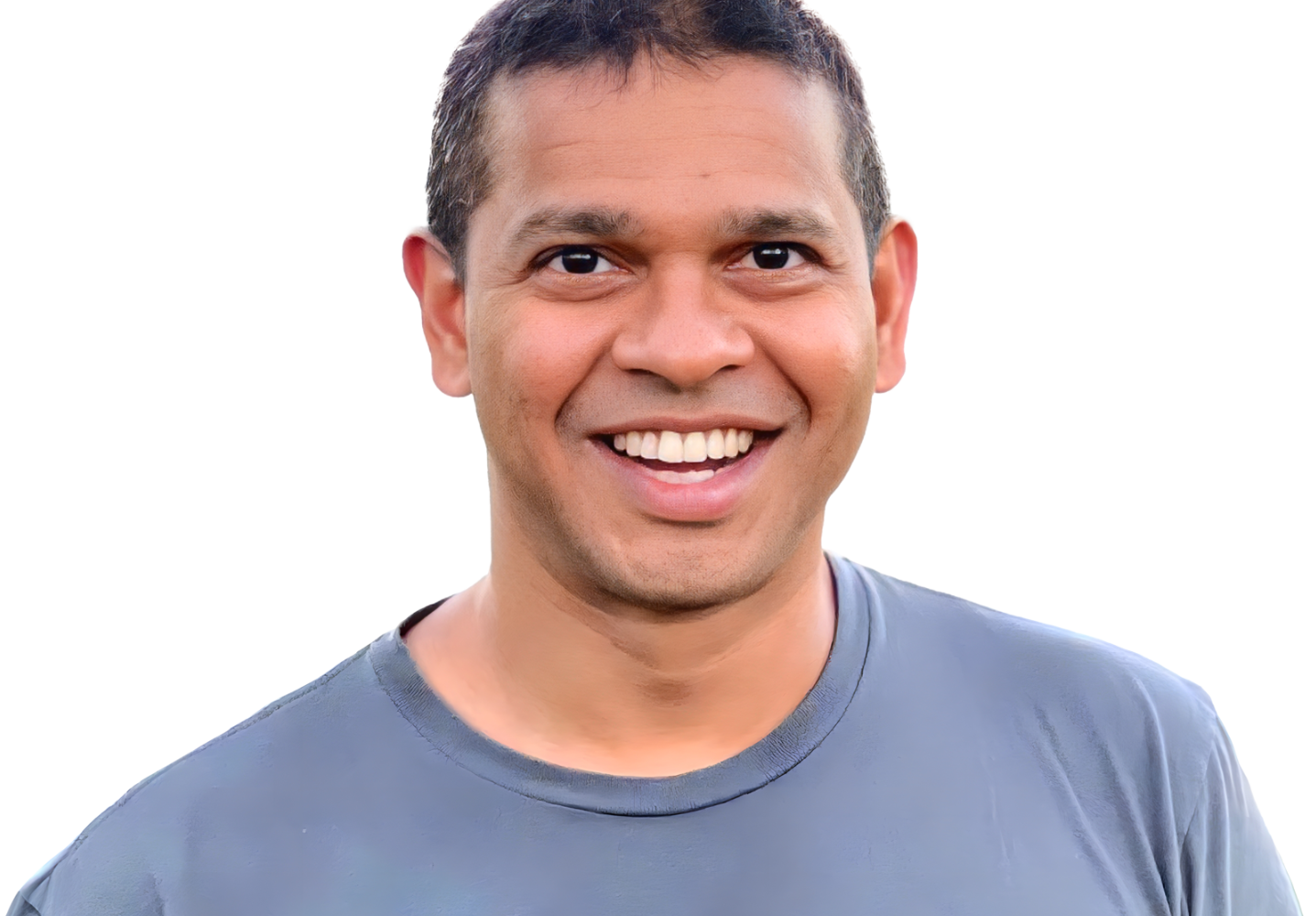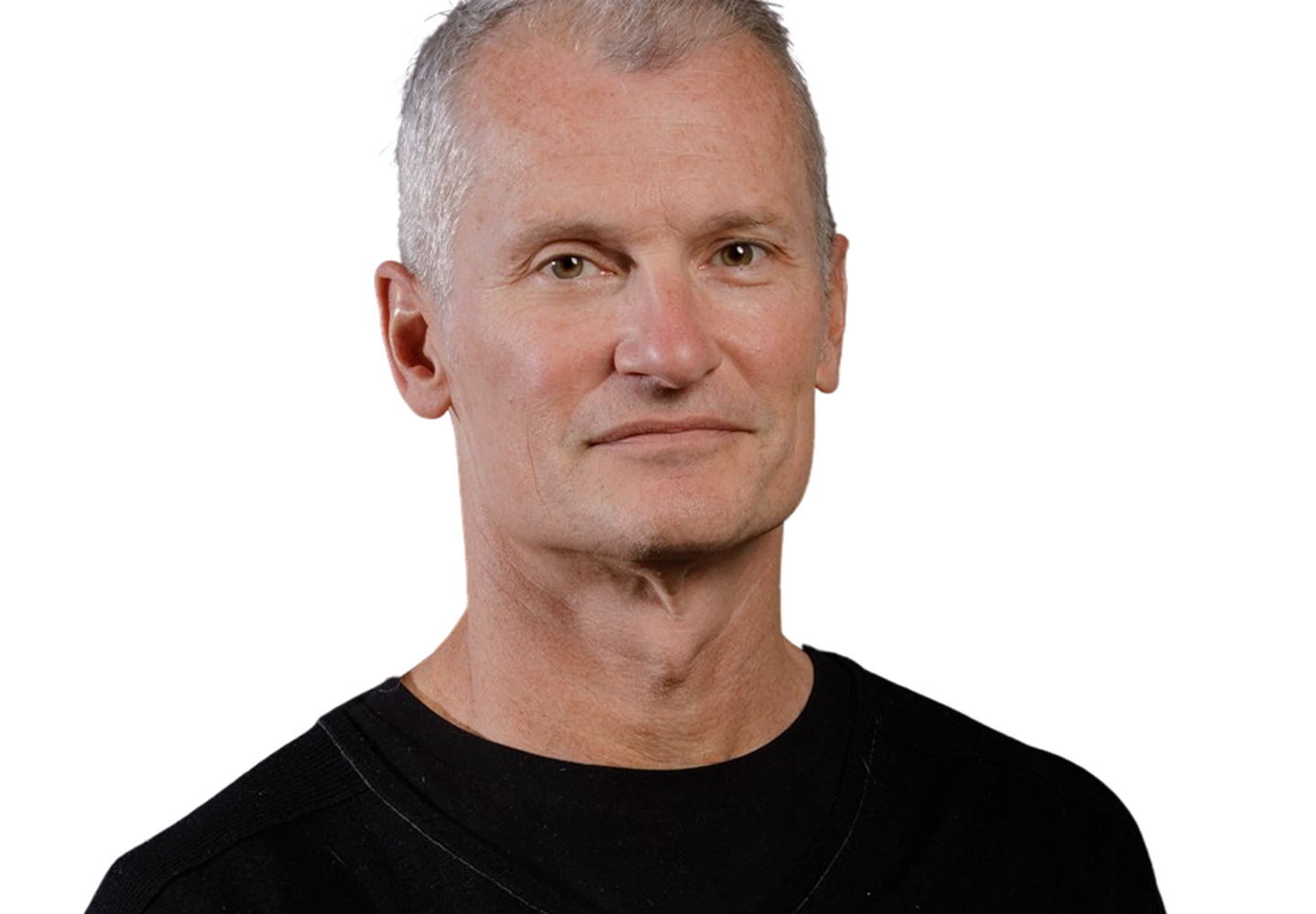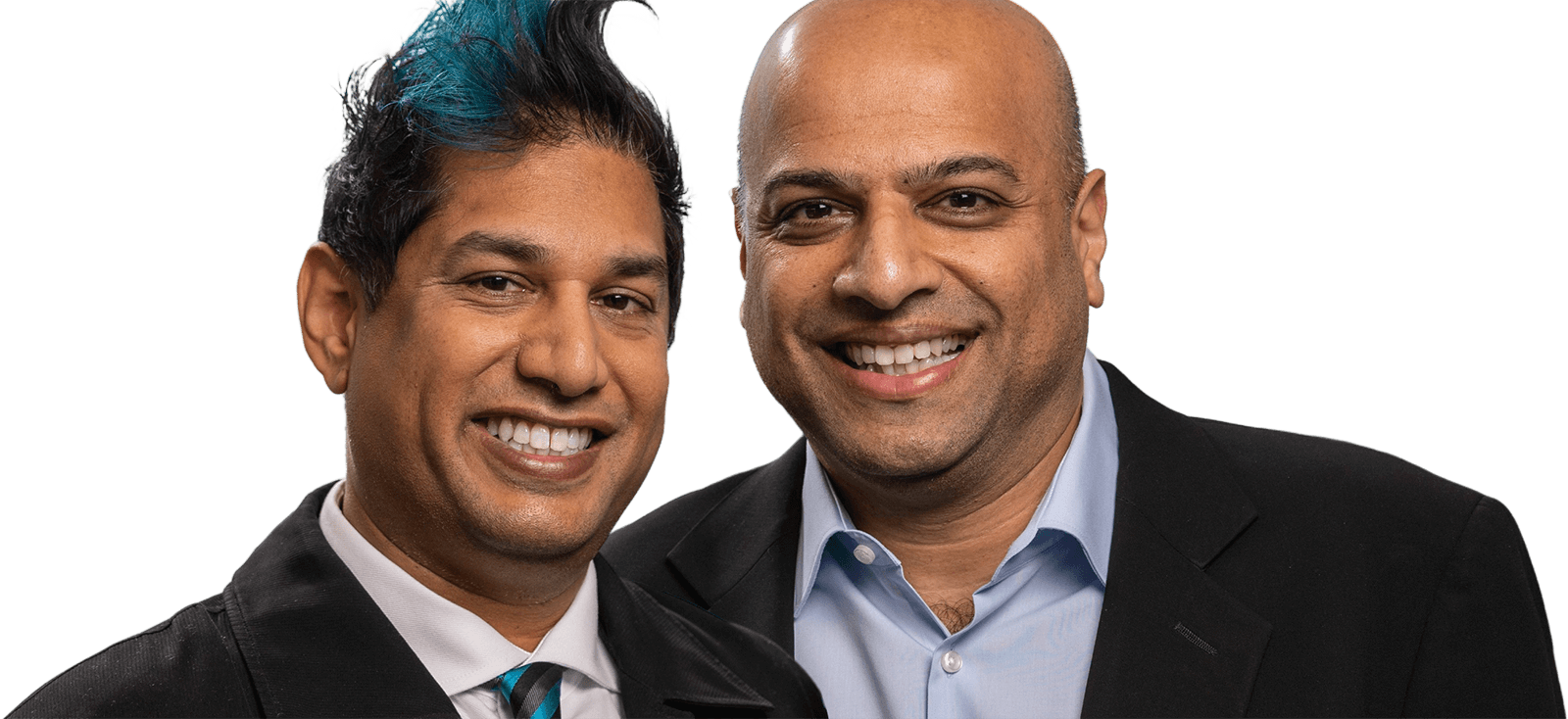What problem inspired the creation of Rec Room, and why were you the right person to tackle that?
As far back as I remember, I wanted to build games. That’s true of all of Rec Room’s founders and most of our employees. Millions of kids have that same dream today. So many people want to make their own games. It’s a really common dream to have, but it’s a difficult one to bring to reality. The tools are inaccessible or inscrutable to most. They take a lot of experience and skill to wield. And even if you manage to build your game, good luck getting it distributed/published/etc. The market makes it difficult for smaller games to find an audience.
With Rec Room, we wanted to make that process easy. We want everyone to be a creator. If you could play games, you could build games. If you could build your game, you could publish it everywhere without any fuss or delay.
It’s the toolset that so many of our employees wished we had access to earlier in our careers. Without any special knowledge or tools, you could build a game and publish it on game consoles, mobile devices and VR headsets.
What is it like to work with Madrona?
At Rec Room, we’ve always had a slightly different approach to the employees we recruit, the way we build our product, and the way we think about ourselves. We want to find doers, not talkers. We want to invest in things that are impactful, even if they’re not the sexy new thing entering the hype cycle. There’s a Frank Slootman quote I’ve always liked, which is that you want to be “plow horses, not show ponies.”
I think there’s something very “Seattle” about that mindset. While we have employees everywhere, we were founded in Seattle and it’s where many of us call home. Madrona has that Seattle mindset through and through.
Tell us about a Madrona Moment.
Business, investing, partnerships — it’s good to think of all these things as an infinite game. There are interesting “moments” in time, but they pale in importance to the repeated interactions that build up the relationship over time. Madrona has done an incredible job finding people who play that infinite game. I met David Rosenthal, Daniel Li, and Linda Lian all while they were working at Madrona. Each of them played a very important role in the Rec Room journey — as supporters, advisers, and confidants. Each of them has gone on to found their own endeavors outside of Madrona — David with Acquired, Daniel with Plus, and Linda with Common Room. Despite each of them having the heavy burden of being a founder of their own effort, each still makes time for me whenever I ask. It’s a unique place that will find and foster founder talent like this. It’s a unique place that will support those entrepreneurs when they take the leap. And it’s unique that those individuals would still make time for a portfolio company founder years later. It’s a sign that Madrona plays that infinite game and is looking for others that do as well.
Perhaps most importantly, Rec Room has been fortunate to benefit from Hope Cochran’s “infinite game” network as well. Hope is able to tap into a roster of amazing people from portfolio companies, gaming companies, and from her time at King as CFO, who are willing to do her a favor at the drop of a hat — and, by extension, do me a favor because of Hope. These are people I’ve never met who owe me nothing, but they think so highly of Hope that they’re willing to extend their generosity and time to help with my business. I think it really says something about the way she operates and treats other people. I hope I can build a similar network as our Rec Room journey continues.
What have you learned about yourself during this process?
That I’m spectacularly average at most things. I think most of us have one thing we’re really good at. If we’re incredibly lucky — maybe two or three. Building something special takes a village where everyone is great at what they do.
For me, I happen to be good at recruiting. So, if I find myself doing something other than recruiting, I know the other thing is probably being done at an “average” level, and I should instead be spending my time trying to find the individual who is the best in the world at that thing. The more I’ve adopted that mindset, the happier I’ve been with the results.
What is the most important lesson you have learned during your startup journey?
Things are never as good or as bad as they seem. When things seem good, there’s a temptation to lose the paranoia that keeps you sharp and helps you address problems proactively. When things seem bad, there’s a temptation to lose the optimism and enthusiasm that are essential to building something special.
A startup is a long journey. The road goes up and down. The most important thing to do is to keep going.







